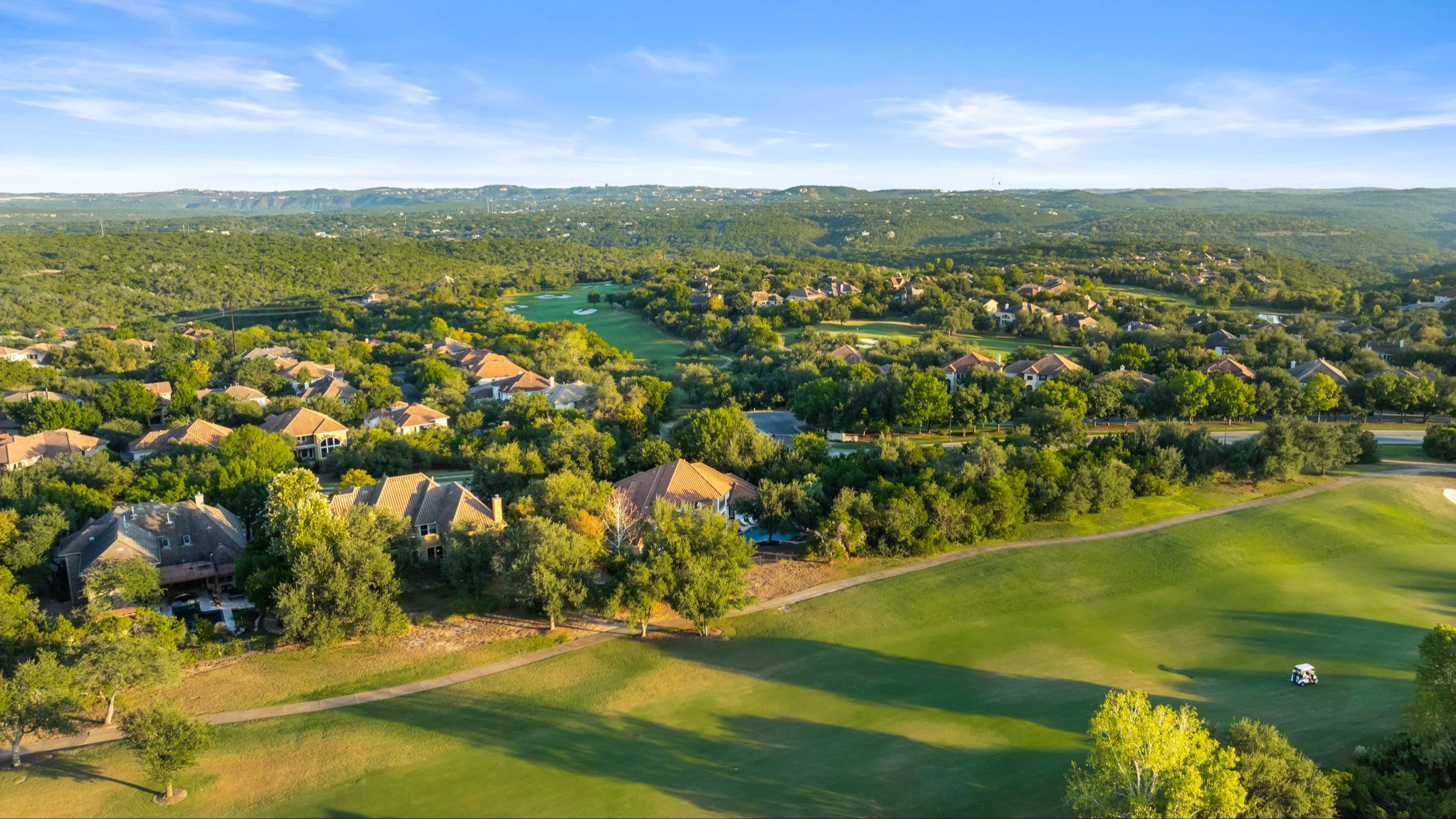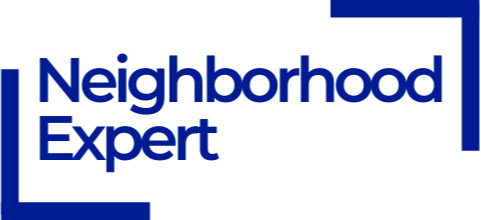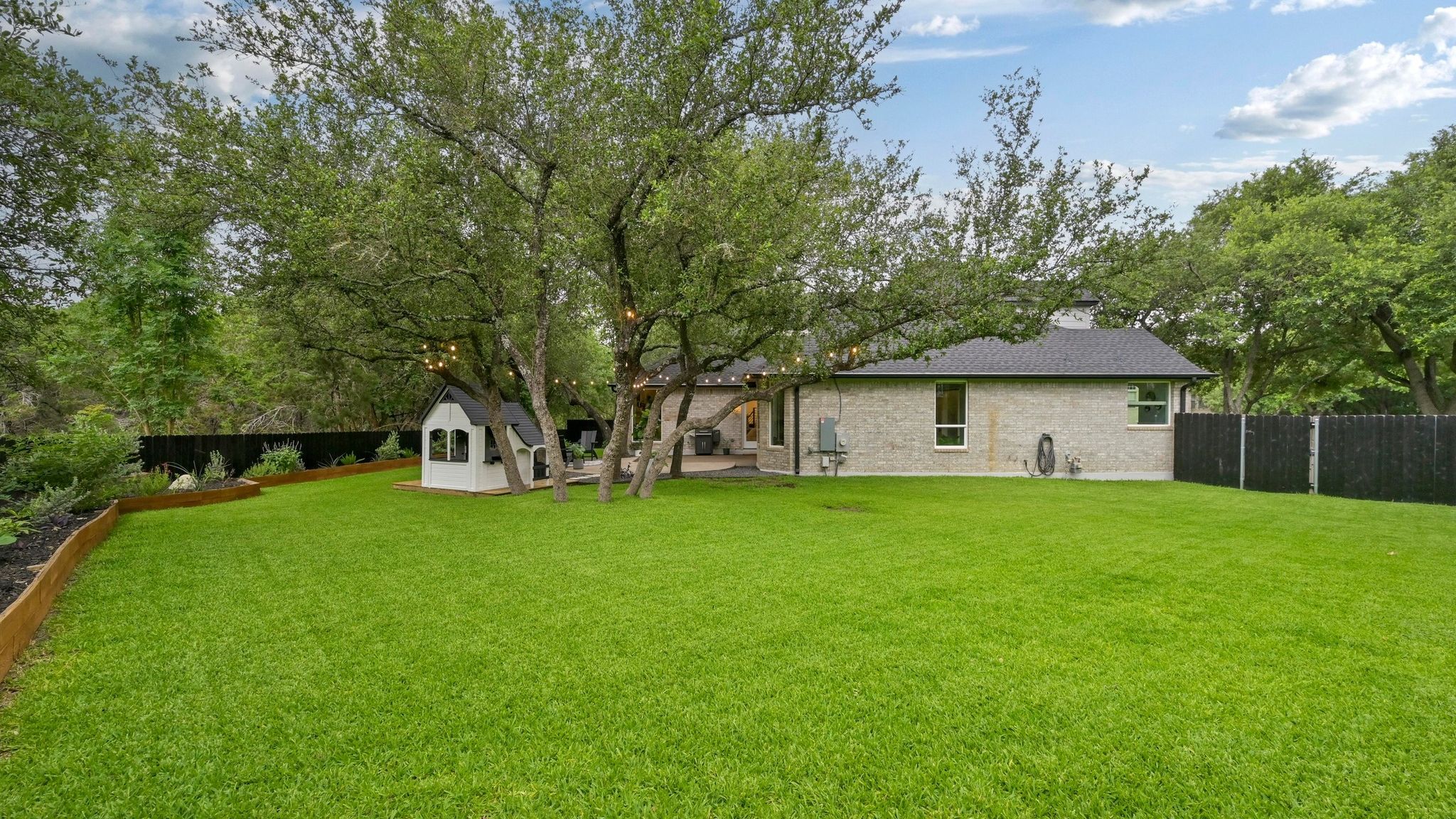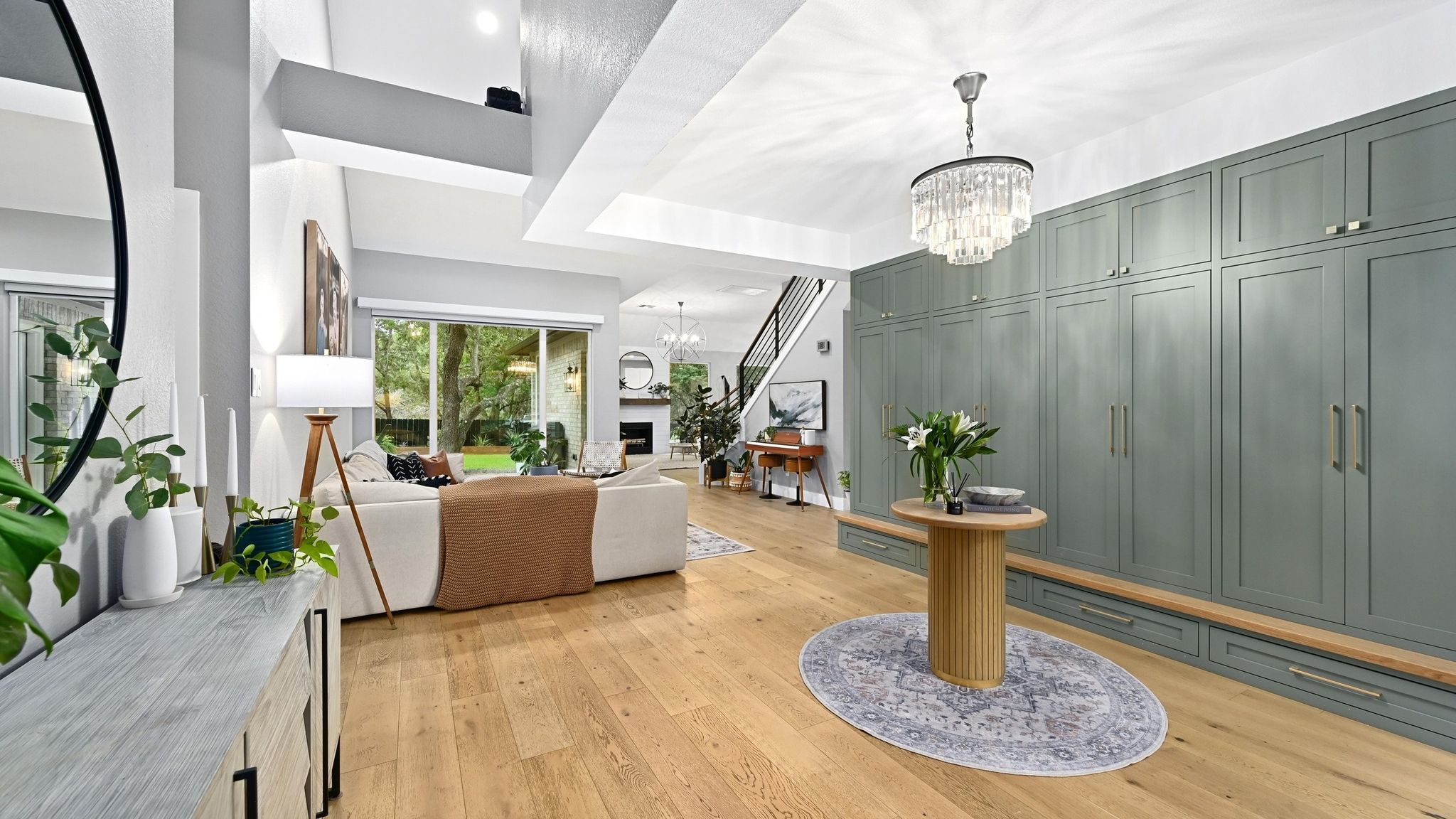Social Media for Agents: What Works in 2026
Nov 13, 2025
Social Media for Agents: What Works in 2026
Social media in real estate has changed a lot over the last few years. What worked in 2021—posting daily quotes, dancing on Reels, or chasing trends—no longer builds authority in 2026. Algorithms, audience behavior, and attention spans have shifted, but one thing hasn’t: people still want local expertise they can trust.
The agents thriving today aren’t the ones going viral. They’re the ones who show up consistently for one neighborhood with short, useful, real content. Inside the Neighborhood Expert System (NES), social media is one of six connected pillars that helps agents grow visibility and trust without burning out or guessing what to post.
Here’s what’s actually working in 2026—and what to stop wasting time on.
1. Local Video Beats “Viral” Every Time
The shift toward search-based discovery has changed everything. Instagram, YouTube, and TikTok now prioritize relevance over reach. That means agents who post short, locally focused videos—about prices, schools, or new listings—get discovered by people actively searching those topics.
In NES, these short-form videos are built around one goal: make your name familiar to the right homeowners. You don’t need trending sounds or filters. Just pick one question you hear every week—like “Are home prices dropping in [Neighborhood]?”—and answer it calmly, clearly, and consistently.
2. Consistency Beats Frequency
Most agents start strong on social media, then fade after a few weeks. The problem isn’t effort—it’s lack of rhythm. Posting every day for a month and then disappearing is like sending one postcard and calling it a campaign.
Instead, aim for consistency. One to two posts a week about your neighborhood is enough if you stay predictable. Mention local stats, events, or insights. Over time, that steady presence builds recognition.
Inside NES, this is tied to the same schedule as your direct mail and weekly email. That way, each post connects to what you’re already saying elsewhere—no extra brainstorming required.
3. Familiar Faces Build More Trust Than Templates
In 2026, polished templates don’t stand out anymore. People scroll past generic “Just Sold” graphics because they’ve seen them a hundred times. What gets attention now is authenticity—seeing the actual agent who knows the area.
That doesn’t mean oversharing. It means showing your perspective: walking down a neighborhood street, previewing a new listing, or giving a quick takeaway from a weekend open house. Real beats perfect. Homeowners can tell the difference immediately.
4. Micro-Targeted Content Wins the Algorithm
Social platforms are moving closer to search engines. In 2026, what matters most is how specific your content is. Use your neighborhood name in every caption, mention local landmarks, and tag the location. That’s how your content shows up when people search for “homes in [Neighborhood]” or “best schools near [Area].”
NES agents use this to their advantage. Each post, YouTube ad, and email focuses on the same micro-area—so every impression builds familiarity with the same audience instead of scattering effort citywide.
5. Use Social Media to Feed Real Conversations
The goal of social media isn’t engagement—it’s connection. Likes and comments don’t mean much if they don’t turn into real conversations. Every post should give people a reason to talk with you, not just about you.
Example: After hosting an open house, post a short clip sharing what buyers were looking for that weekend. Then email homeowners nearby: “We just met three buyers searching for homes like yours.” This creates an off-market conversation that starts from your post but ends offline—where deals actually happen.
6. Paid Reach Isn’t Dead—It’s Just Smarter
Organic reach is still valuable, but paid visibility is what keeps your brand steady. The key is to stop boosting random posts and start running targeted YouTube ads and Meta placements focused only on one neighborhood.
With just a few dollars a day, you can make sure the same homeowners see your message repeatedly. That repetition builds trust faster than any viral post ever could. Inside NES, YouTube ads and social content work together so every piece of marketing supports the same story.
7. The 2026 Social Schedule That Works
If you’re tired of guessing what to post, use this simple rhythm:
- Monday: Post a 30–60 second neighborhood insight video.
- Wednesday: Share a short clip or carousel from your latest open house.
- Friday: Publish your weekly neighborhood email and repurpose one insight from it as a post.
This connected schedule ties your content to real things happening in your business. No filler, no fluff—just proof that you know your market better than anyone else.
Frequently Asked Questions
Do I still need to post every day to grow?
No. The algorithm rewards consistency, not volume. One or two valuable local posts per week are enough when they’re tied to your larger neighborhood strategy.
Should I pay for ads on Instagram or Facebook?
Only when your message is clear. Boosting random posts wastes money. Use YouTube or Meta ads to reinforce the same neighborhood story you share organically.
What kind of videos perform best for agents right now?
Simple, local insights. Walk through your neighborhood, share quick market updates, or answer common questions. Agents who focus on clarity, not production, win attention in 2026.
What if my neighborhood feels too small for social media?
That’s the best kind. The smaller your focus, the easier it is to dominate search results and recognition. Visibility grows faster when your audience is defined.
Final Takeaway
Social media for agents in 2026 isn’t about trends, followers, or algorithms—it’s about familiarity. The agents who win are the ones who stay visible in one place with clear, consistent, useful content.
Inside the Neighborhood Expert System, social media connects seamlessly with open houses, off-market outreach, direct mail, YouTube ads, and email to keep your name where it matters most: in front of your neighbors.
See how the full system works at NeighborhoodExpertSystem.com.
About the Author
Matt van Winkle is the founder of the Neighborhood Expert System (NES) and the #1 agent in Steiner Ranch, Austin. He specializes in off-market listings and neighborhood-based marketing that helps agents build predictable, relationship-driven businesses. As a trusted educator for agents nationwide, Matt teaches modern marketing grounded in consistency, clarity, and local trust.


